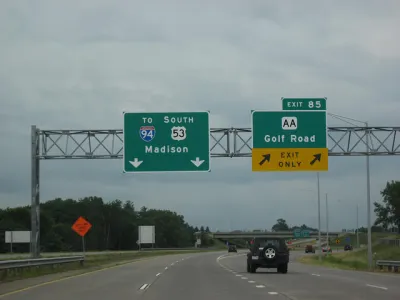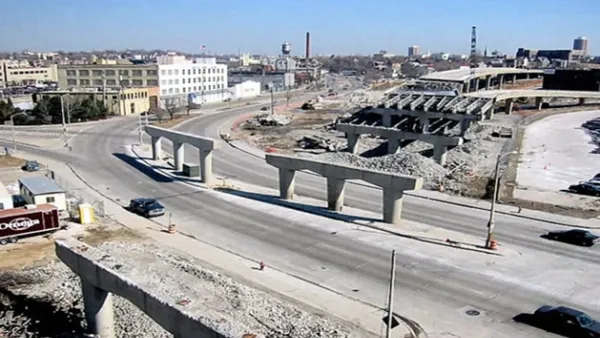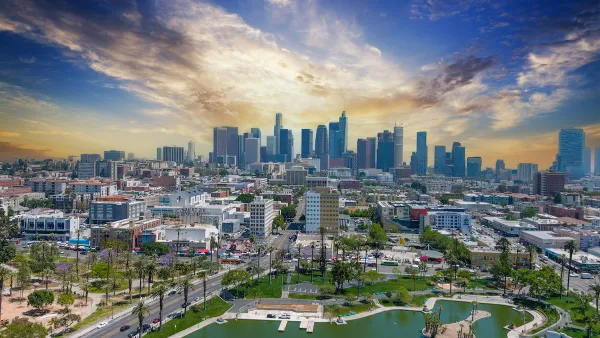Wisconsin legislators have voted to continue steep borrowing to pay for needed road repairs, while calls to increase the state’s gas tax grow louder.

Steven Walters of Urban Milwaukee reports that Wisconsin’s Joint Finance Committee—comprised of both Republicans and Democrats—have voted to borrow an additional $350 million to fund highway maintenance and construction projects. Critics of the vote have called for a long range strategy for funding highway improvements, including raising the State’s gas tax and/or car registration fees.
As a result, major projects like widening I39/90 between Madison and Beloit will be delayed by only one year, instead of two.
But there’s a cost: 21-cents out of every $1 in Wisconsin gas taxes and vehicle registration fees will soon go for debt service payments on debt interest and principal.
In just 10 years, debt service on transportation projects has doubled – from 10.3 percent to 20.7 percent, according to the Legislative Fiscal Bureau (LFB).
Walters writes that State Senator Janis Ringhand has defended the borrowing as necessary to address what the US Department of Transportation has cited as "poor or mediocre conditions" for 71 percent of Wisconsin’s roads.
FULL STORY: 21% of Gas Tax Will Go to Repay Debt

Analysis: Cybertruck Fatality Rate Far Exceeds That of Ford Pinto
The Tesla Cybertruck was recalled seven times last year.

National Parks Layoffs Will Cause Communities to Lose Billions
Thousands of essential park workers were laid off this week, just before the busy spring break season.

Retro-silient?: America’s First “Eco-burb,” The Woodlands Turns 50
A master-planned community north of Houston offers lessons on green infrastructure and resilient design, but falls short of its founder’s lofty affordability and walkability goals.

Test News Post 1
This is a summary

Analysis: Cybertruck Fatality Rate Far Exceeds That of Ford Pinto
The Tesla Cybertruck was recalled seven times last year.

Test News Headline 46
Test for the image on the front page.
Urban Design for Planners 1: Software Tools
This six-course series explores essential urban design concepts using open source software and equips planners with the tools they need to participate fully in the urban design process.
Planning for Universal Design
Learn the tools for implementing Universal Design in planning regulations.
EMC Planning Group, Inc.
Planetizen
Planetizen
Mpact (formerly Rail~Volution)
Great Falls Development Authority, Inc.
HUDs Office of Policy Development and Research
NYU Wagner Graduate School of Public Service




























